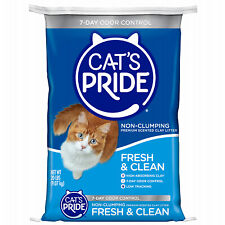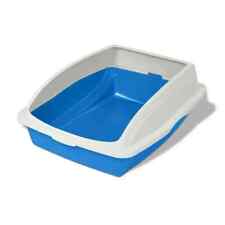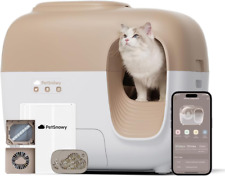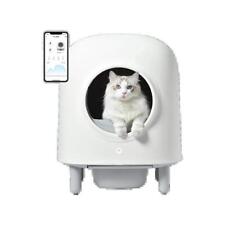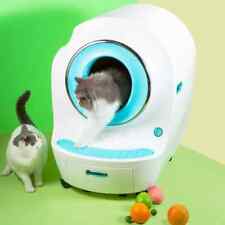Roundworm Prevention, Diagnosis and Treatment

Within a few weeks after birth, puppies who were born with roundworm larvae will discharge roundworms eggs in their feces. The mother dog then reinfects herself by ingesting the eggs when she licks her puppies clean.
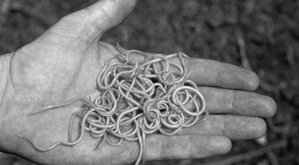
Intestinal parasites are also transmitted to your pets by other animals contaminating the soil. The infected animal will defecate the worm or the eggs. These eggs will then develop into a microscopic larvae. The larvae will then attach itself to your pet’s paws and migrate through the body, eventually ending up in the intestine of your pet. Tape worm is transmitted by the ingestion of fleas or the ingestion of infected rodents.
As stated earlier, treatment is doubly important because worms can be transmitted to people. These include certain species of tapeworms, roundworms, hookworms, and some other, less common types of parasites. The same larvae infecting your pet can migrate into a person and cause either a skin infection or in some cases an internal infection to the liver. This disease is called visceral larval migrans. This is why we recommend deworming all puppies, even if the fecal analysis is negative, and request regular stool examinations.
While the three-inch adult roundworms are usually a minor problem for adult dogs, a serious infection of roundworms or hookworms can be life threatening to a puppy because of blood and protein loss, or dehydration. Hookworms present a far more serious threat to both the mother and puppies. These are blood sucking parasites and will cause a severe anemia and if not promptly treated death. We recommend stool examinations on all puppies at 6-8 weeks of age.
Diagnosis
In diagnosing roundworms, the animal will be given a physical examination and the stools will be examined.
Therapy
The host animal will be given deworming medication and supportive therapy.


